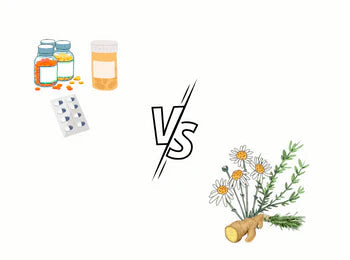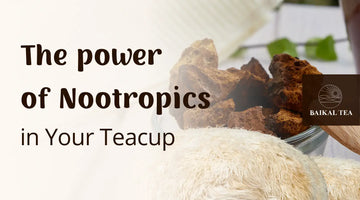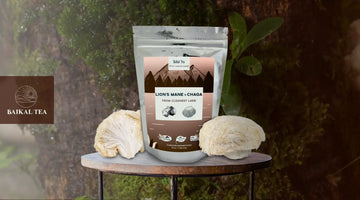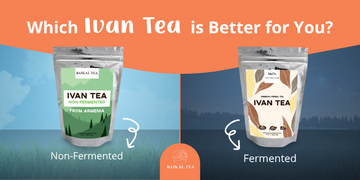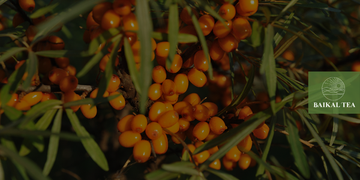
Herbs have been used in healing for thousands of years, and they are likely to be used for thousands more.
While modern medicine may be more effective at treating acute issues, with the numerous limitations and side effects, the traditional route may be more effective when it comes to long-term treatment.
In this article, we are going to pit modern medicine against the tried and true herbal remedies, to see the advantages of each side.
Of course both treatments have their place in healthcare, but we thought we’d take the opportunity to look at some of the benefits herbal remedies have that often go overlooked.
The misunderstanding of Herbal Medicine
You may be surprised, but the majority of the world's population still uses herbs as their main treatment against ailments, and yet herbs are still considered by many to be “mystical” and “unproven”.
With a fast acting pill for just about every ailment, it can sometimes be tempting to take the easy way out and follow the well-trodden path of modern medicine.
This method may help you manage your symptoms, but it ignores both the centuries of wisdom behind traditional medicine, as well as the plethora of side effects that come with medication.
In the next segment, we are going to take a look at the advent of modern drugs, and how the field of medicine was never the same again.
The Arrival of Modern Drugs
In early civilizations, knowledge was passed down through generations, first through word of mouth and later through written word.
The understanding of health was based on “trial and error”.
Certain plants would be consumed, and the health benefits would be observed.
Of course this was not a perfect science, but with generations worth of trial and error, people were able to tell which solutions worked and which didn’t.
Starting in the 19th century, still curious about the healing nature of plants, humans could finally use powerful microscopes to see the once unseeable, and get an understanding of the constituent parts that make up plants.
This kicked off a renaissance in the understanding of plant biology and health properties.
Once they identified the healing properties inside plants, they could extract some of those healing properties into tablets and pills–what we now use as medicine.
Modern pharmaceutical (pharma) medicine cherry picks the healing properties from plants and amplifies them, to make a pill.
This applies a reductionist approach to the healing properties of a plant.
Rather than realizing the health benefits of a plant are the result of thousands of compounds working in synergy with one another, modern medicine seeks to reduce this down to a handful of components and mass produce them in pill form.
The truth is, plants are far more complicated than we understand, even in the 21st century. When we try to isolate components of a plant, we don’t end up with the same benefits of the whole plant itself.
What we end up with is a synthetic version that comes with a fraction of the long term benefits and a host of side effects.

Should We Completely Avoid Drugs and Medicine?
The arrival of modern medicine is a very exciting breakthrough, which certainly added many years to our average life expectancy.
Modern drugs have allowed us to live longer and happier, recover faster, and grow stronger, and much of what we have achieved as a civilization was made possible through their invention.
However, let's not forget that medicine was created to cure serious, acute cases of illness and disease.
Drugs were meant to be a last resort: to cure wounded on the battlefields, to give a second chance to those who need it, and so on. But medicine was never meant to replace the herbal practice completely!
It's no surprise that large pharma companies profit handsomely from advertising their many products. And as a result, we see a growing overuse of pills and medicine.
Drugs versus Herbs. Who wins?
Pharmaceutical drugs have completely taken over, and while they can have their place, they have damaged our relationship with wellness and recovery.
We like to think of health and medicine as being a simple equation, but in reality, it is far more complicated than any of us can imagine.
Through our overreliance on modern medicine, we have reduced health to problem and solution.
Having trouble sleeping? Take a sleeping pill. Having trouble with pain? Take a pain killer.
By treating the symptoms with something as quick as a pill, we never truly investigate the root causes of the illnesses that afflict us. This creates an unhealthy relationship with medicine.
Rather than trying to adopt a healthy lifestyle, we try to extinguish whatever issue comes up and pay little respect to our long term health.
The symptoms we experience are signals from our bodies telling us about deeper, underlying issues. Rather than trying to avoid them, we should try and listen. By listening closely, and becoming more in tune with our bodies, we can understand the true problems and address the causes.
Whether you want to protect yourself from illness, recover faster, fall asleep faster or stay focused longer – there are herbs and natural remedies for all of those things and more.
There are herbs for stimulating the immune system, and there are herbs for relaxing and for energizing. These herbs have been used for thousands of years for a reason; they work.
The best part is, when you take herbal medicines and eat good healthy food, you are taking medicine the way nature intended, in its complete raw form.
Remember one parting thought: Medicine is not meant to replace, but rather to complement herbs.
By learning which herbs to use, we can greatly improve our health at whatever age we happen to be. We can also become more in tune with our bodies.
Rather than try to treat the symptom of the issue, let’s try and treat the issue of the symptom itself.
This might not be as quick or as convenient as taking a pill, but the results will be worth it in the long term.

